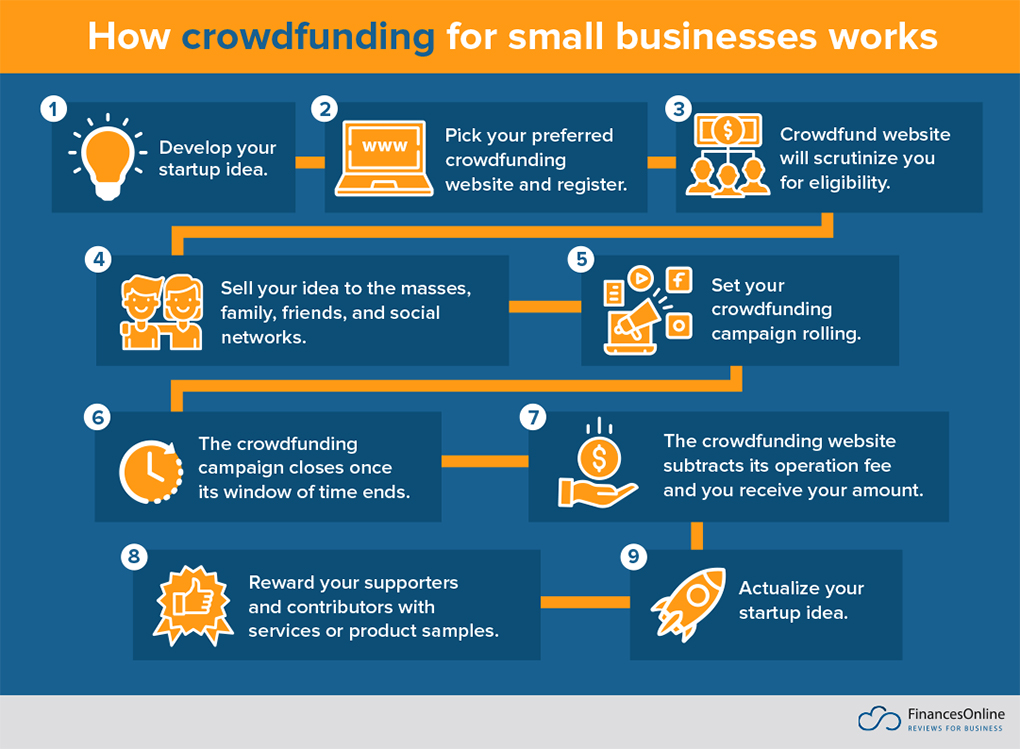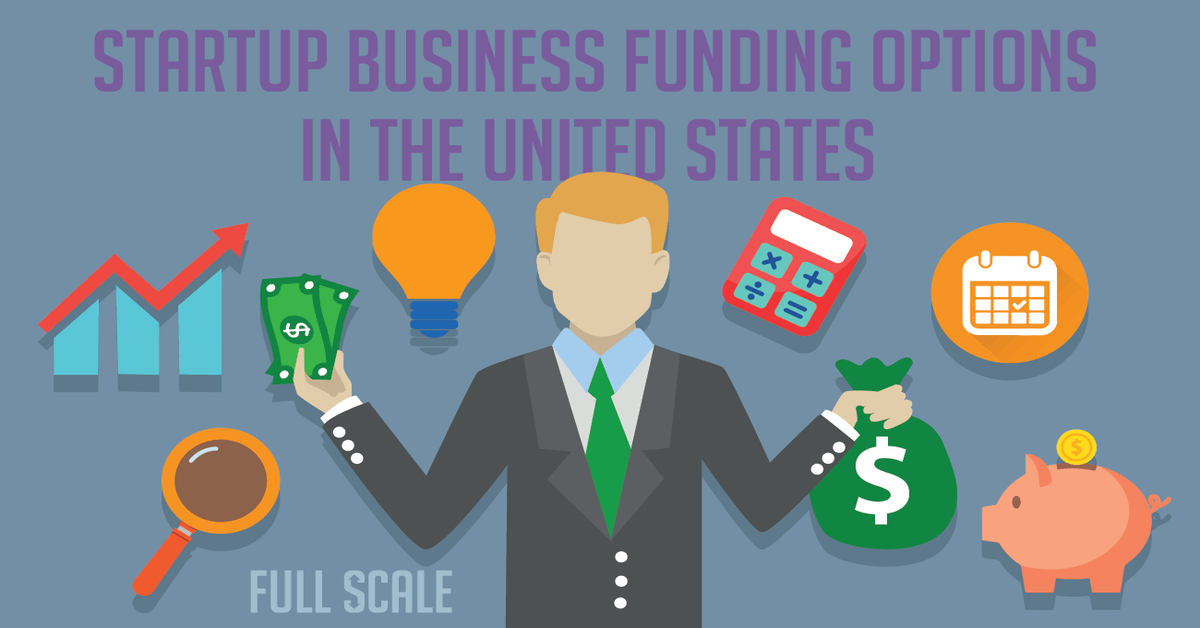Business Funding Options for Home Exterior Startups: A Comprehensive Guide

Delve into the realm of business funding options for home exterior startups with this informative guide. Explore the various traditional and alternative sources of funding available, along with the pros and cons of each. Whether you're considering bootstrapping, seeking investor partnerships, or exploring online lending platforms, this guide has you covered.
Business Funding Options for Home Exterior Startups
When starting a home exterior business, securing adequate funding is crucial for growth and sustainability. There are various funding options available to entrepreneurs, each with its own advantages and drawbacks. Let's explore some of the common funding sources for home exterior startups.
Traditional Funding Sources
- Bank Loans: One of the most traditional ways to fund a business is through bank loans. These loans typically have fixed interest rates and repayment terms, offering stability for entrepreneurs.
- Lines of Credit: Another common option is to secure a line of credit from a financial institution. This provides flexibility in accessing funds as needed, with interest only charged on the amount borrowed.
Alternative Funding Options
- Crowdfunding: Crowdfunding platforms allow entrepreneurs to raise capital from a large number of individuals. This can be a great way to generate interest in your business while securing funding.
- Venture Capital: For startups with high growth potential, venture capital can be a viable option. Venture capitalists invest in exchange for equity, providing not just funding but also expertise and guidance.
Leveraging Government Grants or Subsidies
- Government grants and subsidies can be a valuable source of funding for home exterior startups. These programs are designed to support small businesses in specific industries or regions, providing financial assistance that does not need to be repaid.
Bootstrapping and Self-Financing
Bootstrapping and self-financing are common methods used by startups to fund their business without relying on external investors or loans. This can be particularly beneficial for home exterior startups looking to maintain control over their business and finances.
Bootstrapping Concept
Bootstrapping refers to the process of funding a business using personal finances, revenue generated from operations, or other available resources without seeking external funding. For home exterior startups, this could mean using personal savings, credit cards, or leveraging existing assets to fund the business.
Strategies for Self-Financing
- Personal Savings: Entrepreneurs can use their own savings to finance the startup, reducing the need for outside capital.
- Selling Assets: Selling personal assets like a car, property, or investments can provide the necessary capital to fund the business.
- Revenue Reinvestment: Reinvesting profits generated from the business back into the company can help fuel growth and expansion.
Advantages and Challenges
- Advantages:Bootstrapping allows startups to maintain full control over their business decisions, avoid debt and interest payments, and retain ownership equity.
- Challenges:Self-financing can limit the growth potential of the business, require founders to take on personal financial risk, and may restrict the ability to scale quickly.
Success Stories
"Company X started as a home exterior startup and successfully bootstrapped their way to profitability within the first year. By reinvesting revenue and carefully managing expenses, they were able to grow their business organically without external funding."
Investor Partnerships and Angel Investors

Attracting investor partnerships and angel investors can be a crucial step for home exterior startups looking to secure funding and support for their business ventures. These partnerships can provide not only financial backing but also valuable expertise and connections in the industry.
Approaching Angel Investors
Angel investors are individuals who provide capital for startups in exchange for ownership equity or convertible debt. When approaching angel investors, it is essential to have a strong business case that clearly Artikels your business model, market potential, competitive advantage, and growth strategy.
Presenting a compelling pitch that highlights the unique value proposition of your home exterior startup can help attract the interest of angel investors.
- Research potential angel investors who have a track record of investing in similar industries or startups.
- Prepare a concise and well-structured pitch deck that clearly communicates your business idea and financial projections.
- Be transparent and honest about the opportunities and risks associated with your business, as angel investors value authenticity and integrity.
- Highlight your team's expertise and experience in the home exterior industry, showcasing why you are well-positioned to succeed.
Benefits of Having Angel Investors
Beyond providing financial support, angel investors can offer valuable mentorship, strategic guidance, and industry connections to help your home exterior startup grow and scale. Their expertise and network can open doors to new opportunities, partnerships, and resources that can accelerate your business development.
- Access to valuable industry insights and market knowledge.
- Mentorship and guidance from experienced professionals.
- Networking opportunities with potential customers, suppliers, and partners.
- Validation and credibility for your business, which can attract additional investors or customers.
Successful Partnerships Examples
There are numerous success stories of home exterior startups benefiting from partnerships with angel investors. For example, a startup specializing in eco-friendly roofing materials secured funding from an angel investor with expertise in sustainable construction, leading to the development of innovative products and expansion into new markets.
By leveraging the investor's industry knowledge and network, the startup was able to achieve significant growth and establish itself as a leader in the market.
Online Lending Platforms and Peer-to-Peer Financing

Online lending platforms have emerged as a popular alternative for obtaining business funding, especially for home exterior startups. These platforms connect borrowers directly with investors, cutting out traditional financial institutions.
The Process of Obtaining Business Funding through Online Lending Platforms
- Start by creating an account on the chosen online lending platform.
- Submit your business information, financials, and funding requirements.
- Investors review your profile and decide whether to fund your business.
- If approved, you receive the funding directly from the investors.
Criteria for Eligibility and Typical Interest Rates
- Eligibility criteria vary among different online lending platforms but may include credit score, business revenue, and time in operation.
- Typical interest rates for peer-to-peer financing can range from 5% to 30%, depending on the platform and your creditworthiness.
Advantages of Peer-to-Peer Financing
- Quick approval process compared to traditional lending options.
- Potential for lower interest rates, especially for borrowers with good credit.
- Flexibility in loan terms and repayment schedules.
Cautionary Advice for Startups Considering Online Lending
Ensure you thoroughly understand the terms and conditions of the loan, including interest rates and repayment schedules, before committing to online lending.
Be cautious of predatory lending practices and thoroughly research the reputation of the online lending platform before applying for funding.
Closing Summary

In conclusion, navigating the world of business funding for home exterior startups requires careful consideration of the available options. By understanding the different avenues for financial support and weighing the advantages and challenges of each, entrepreneurs can make informed decisions to propel their ventures forward.
FAQ
How can home exterior startups leverage government grants or subsidies?
Home exterior startups can explore government websites, local economic development offices, or industry-specific associations to find information on available grants or subsidies tailored to their business needs.
What are some common strategies for self-financing a home exterior startup?
Self-financing options for home exterior startups include using personal savings, selling assets, or reinvesting profits back into the business.
How do online lending platforms differ from traditional lending options?
Online lending platforms typically offer faster approval processes, competitive interest rates, and flexibility in loan terms compared to traditional banks.

